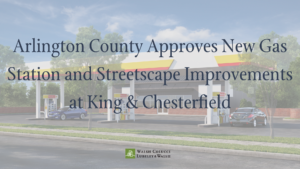On February 27, 2024, the Virginia Court of Appeals ruled in favor of a landowner and held that the BZA erred in refusing to issue the landowner a variance. In Board of Supervisors for the County of Louisa v. Vallerie Holdings of Virginia, LLC, the landowner purchased a two-story home bordering Lake Anna (the “Property”). The prior owner commenced, but never finished, remodeling work on the Property. After purchasing the Property and without applying for a building permit, the landowner attempted to repair and complete renovations. It then applied to the BZA for a variance to rebuild the staircase and deck, which extend into the Property’s five-foot setback. The BZA denied the variance because it determined that the landowner created its own hardship by spending on remodeling work before getting a building permit. The landowner appealed the BZA’s decision. On appeal, the Court of Appeals agreed with the trial court that the BZA erred when it denied the variance because the strict application of the zoning ordinance unreasonably restricted the landowner’s use of the Property and the landowner did not create its own hardship.
Here are some key takeaways from the decision:
- Expanding the Availability of Variances: The Court of Appeals held that the General Assembly intended to expand the availability of variances in its 2015 amendments to Virginia Code § 15.2-2309. For example, the Code now requires the BZA to issue a variance when the required elements are met.
- Self-Inflicted Hardship Considerations: The Court held that under the facts of this case, the issues created by the prior owner could not be considered a self-inflicted hardship on the landowner who applied for the variance.
This article was written jointly by the litigation practice group of our Prince William office.






